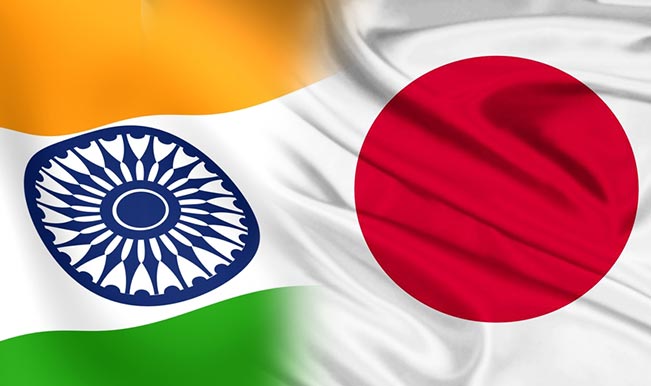Few remember that in 1868, once the reforms consequent to the Meiji Restoration got under way, India was the largest source of raw materials to Japan.
When Fumio Kishida took over as the Prime Minister of Japan in 2021, a widespread perception both in Japan and elsewhere was that he was much less aware of the present-day threats facing Japan than was his predecessor, Shinzo Abe. Since then, Kishida has shown through many of his actions that he too is focused on the manner in which the PRC under CCP General Secretary Xi Jinping is leveraging the People’s Liberation Army (PLA) in order to wrest concessions from several countries while threatening others. Abe made good relations with India a high priority, and gave precedence to the Indo-Pacific rather than to the primary theatre of the 20th century, the Atlantic. While mostly going along with his western partners in the way they have sought to use Ukraine in their longstanding quest to weaken Russia, Kishida has continued with the Sakhalin 1 project, in which Japanese and Indian companies are partnering with each other. As a consequence, not only is Japan getting the benefit of oil from the project, but Tokyo refused to join in the initial chorus of loud disapproval that emanated from Washington, London and Berlin in particular (not to mention Kiev) at India’s realistic stance that a cutting off of purchases from a country that comprises half of the land area of the Eurasian continent was an exercise in self-harm. In this, Japan is different from Taiwan and South Korea, both being countries that have joined with Germany and other NATO powers in seeking a complete cutoff of purchases from Russia. It was clear to the Japanese that Prime Minister Narendra Modi was acting in the national self-interest by ramping up rather than shutting down oil imports from the Russian Federation since the start of the Russia-Ukraine war in early 2022. The way in which western nations are dealing with the war is not just harming their economic futures, but their goodwill in the Global South in particular, no matter what the voting figures in the UN General Assembly show.
It is a sign of the times that the Kingdom of Saudi Arabia ostentatiously chose Beijing as the capital in which to sign a peace agreement with Iran. Had Riyadh sought to do so in Washington, policymakers in that capital of inflated egos would have made the acceptance by Iran of conditions plainly unacceptable to its government as the price for the privilege of signing the Saudi-Iranian accord in Camp David. A lot has changed since the 1990s, but it appears as though the hangover of that unipolar decade in world history is continuing in the US and in some of its Atlanticist partners. This when fewer and fewer countries regard good relations with the US in particular to be a priority, a situation caused not only by many of the self-goals made by successive Atlanticist capitals but by efforts (many very much in the open) by the Sino-Russian alliance to wean away as many countries as they can from partnering with the US and its allies. In Asia, not a small continent, only South Korea, Taiwan and Japan have adopted the NATO policy of shunning Russia, and among these three, Japan has made pragmatic exceptions such as the refusal to walk away from the Sakhalin 1 project.
India and Japan have long been partners. Few remember that in 1868, once the reforms consequent to the Meiji Restoration got under way, India was the largest source of raw materials to Japan. In 1883, there was an active shipping route from Mumbai to Kobe, while in 1915, the primary export market of Japan was India. Since Prime Minister Narasimha Rao brought in economic reforms in 1992, South Korea has far outpaced Japan in establishing commercial linkages with India, although under Prime Ministers Modi and Abe, the Japanese appeared to be catching up. Were restrictions on the use of human resources from India reduced in Japan, that country would be able to price Chinese ships in particular out of most markets. Another field where India could be helpful would be in the provision of carers for the elderly in Japan, a demographic that is rising substantially. A promising field is that of nuclear power, where both countries could collaborate in safer, cheaper alternatives to present nuclear power systems. Another is cooperation in setting up cyber defences, and in developing Artificial Intelligence in ways that could blunt the use of AI in non-conventional warfare by a power hostile to both the leading democracies of Asia. What is needed by Japan is the spirit and ambition of Shinzo Abe, and Fumio Kishida. The Japanese PM could, together with Narendra Modi, bring back India-Japan commercial relations to the level they attained a century ago, before World War II and later Cold War 1.0 blighted such progress.

